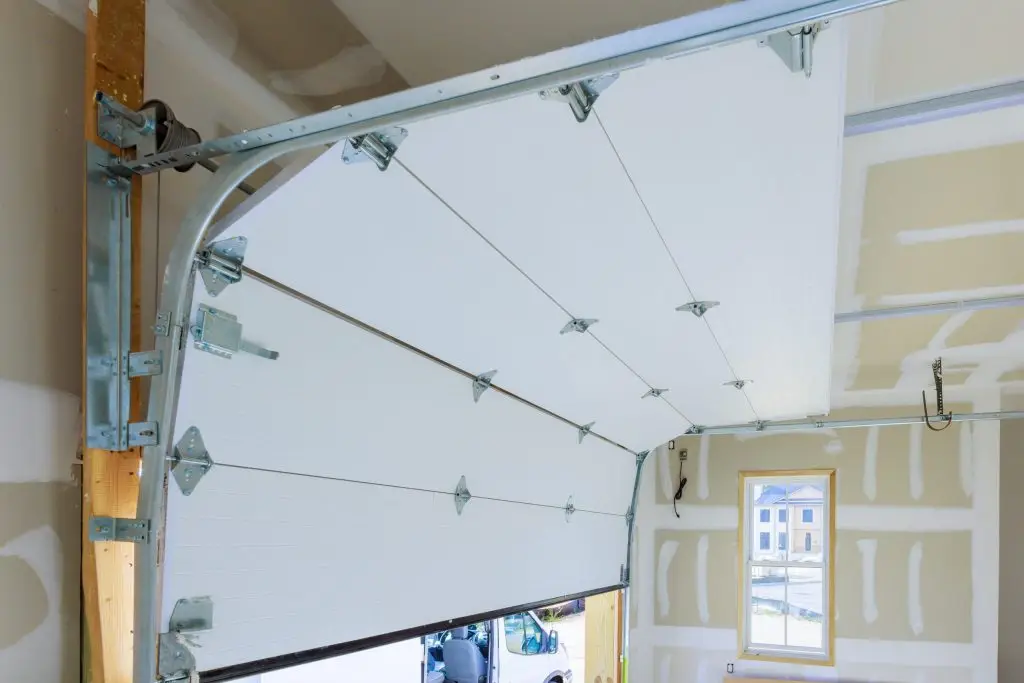Insulating Your Garage Door: Essential Benefits and Tips

Insulating Your Garage Door: Essential Benefits and Tips
Quick Summary: Learn how garage door insulation can improve your home’s energy efficiency, reduce noise, and enhance security. Follow our expert tips to select and maintain the right insulation for your garage.
Does your garage feel like an oven in the summer and an icebox in the winter? You might benefit from insulating your garage door. Beyond just temperature control, garage door insulation offers multiple advantages, from energy efficiency to enhanced security. Let’s explore these benefits and provide practical tips for homeowners.
Why Insulating Your Garage Door Matters
- Energy Efficiency: Insulating your garage door plays a critical role in regulating the temperature inside your garage. This can significantly affect the energy efficiency of your entire home, especially if your garage is attached. A well-insulated garage door keeps warm air inside during the winter and blocks out heat in the summer, potentially lowering your heating and cooling costs.
- Noise Reduction: If your garage is located below a bedroom or office, you already know the importance of a quiet space. Insulation material adds a layer of noise reduction, making those early morning garage trips less likely to disturb the rest of the household.
- Enhanced Security: An insulated door is typically more robust and harder to breach. It provides an added layer of protection, enhancing the security of your home.
- Extended Door Life: Insulated doors can withstand more wear and tear over time, reducing the likelihood of needing frequent garage door panel replacement. This can prolong the lifespan of your garage door, saving you money in the long run.
Types of Garage Door Insulation
Choosing the right insulation depends on your needs and your garage door’s specifications. Here are some options available:
- Polystyrene Foam: This type of insulation is known for its rigidity and resistance to water, making it ideal for humid or wet climates.
- Polyurethane Foam: Offering a higher R-value (a measure of insulation effectiveness) per inch, polyurethane foam provides excellent thermal insulation and strength.
- Reflective Barriers: Ideal for garages exposed to a lot of sunlight, these barriers reflect radiant heat away, keeping your garage cooler.
Tips for Insulating Your Garage Door
- Assess Your Needs: Consider your budget, climate, and how you use your garage. If it’s a workspace, you might prioritize soundproofing and temperature control over cost.
- Professional Installation: While DIY kits can be tempting, professional opener installation also offers expert insulation services. They ensure proper fitting and maximum efficiency, and they can help avoid potential problems down the line.
- Regular Maintenance: Factor insulation into your regular garage door maintenance routine. This includes checking the seals and ensuring there are no gaps where air can escape. For more complex issues, you might consider our spring replacement service to ensure your door operates smoothly.
In conclusion, insulating your garage door not only enhances energy efficiency and comfort but also contributes to the overall security and durability of your home. When considering garage improvements, think beyond aesthetics; insulation can offer significant long-term benefits. For emergency situations or immediate upgrades, our emergency garage service is always available to ensure your garage door is functioning safely and effectively.
Call us today at (888) 794-6420 to resolve any garage door issue!

